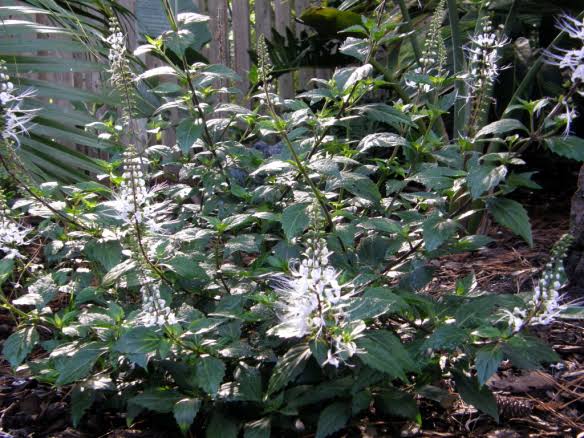Information about Cat’s Whisker as a medicinal herb
The Cat’s Whisker has the scientific name of Orthosiphon Aristatus or Orthosiphon stamineus Benth. It is called also Java Tea and Balbas Pusa (Tagalog).
The Cat’s Whisker is an ornamental plant of medium height. It is best known for its flowers with a long part that resembles the cat’s whisker. It is common in low-lying areas of Central and Palawan, as well as in India, Malaysia, and Australia. Its leaves are commonly made into tea in many places.
CHEMICALS AND NUTRIENTS AVAILABLE AT CAT’S WHISKER
Different parts of the Cat’s Whisker can source many kinds of chemicals and nutrients that may have health benefits:
Cat’s Whisker leaves have high levels of potassium salts. Dried leaves have oil and orthosiphonin which is an alkaloid. Other parts of the plant contain flavonoids, carbohydrates, tannins, saponins, phenols, and terpenoids.
PART OF CAT’S WHISKER THAT CAN USE AS MEDICINE, AND HOW TO USE IT:
Some parts of the plant can be used as medicine. Cat’s Whisker leaves are the main part of the plant used as herbal medicine. It can be tea and drink like tea, or it can be applied to the body. It is also dried and mixed with water to drink like tea.
Diseases that Can Be Cured by Cat’s Whisker
1. GOUT. Gout and rheumatism can be cured by drinking tea that comes from bearded cat leaves.
2. DIFFICULTY IN URINATING.
3. TOOTHACHE. Fresh beard leaf can be used for people who are experiencing a toothache.
4. KIDNEY DISEASE. The conditions and disorders associated with kidney stones (kidney) can be helped by drinking tea with beard leaf tea.
5. BLADDER PROBLEM.
Disclaimer: OFW Buddy and its article may contain general information relating to various medical conditions and their treatment. Such information is provided for informational purposes only and is not meant to be a substitue for advice provided by a doctor or other qualified health care professional. Patients should not use the information contained herein for diagnosing a health or fitness problem or disease. Patienst shoudl always consult with a doctor or other health care professional for medical advice or information about diagnosis and treatment.

